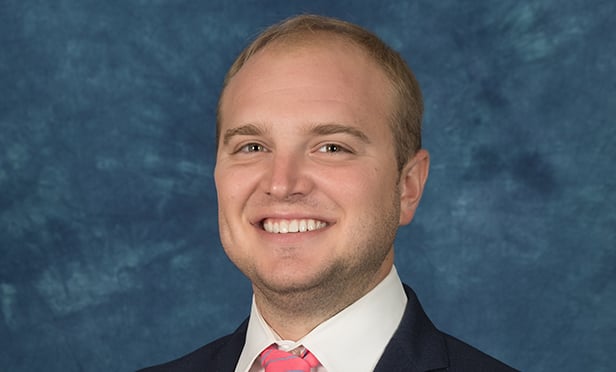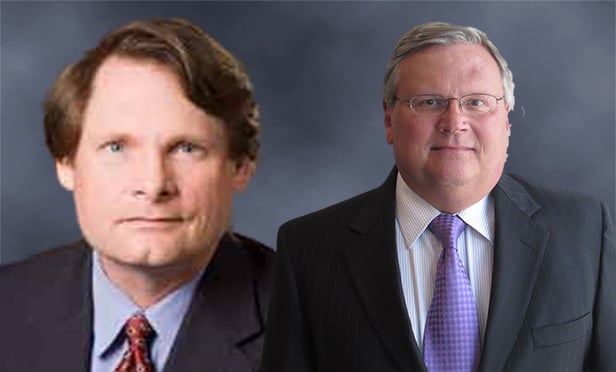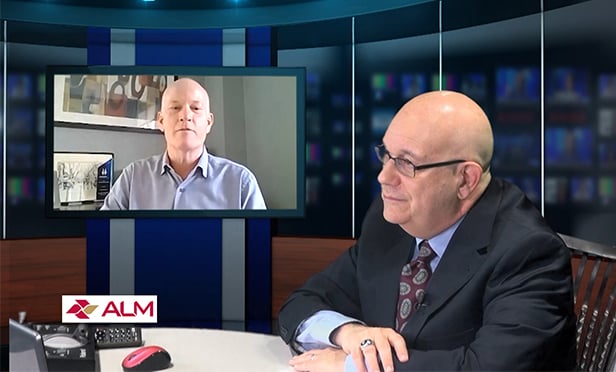She spoke during a general session titled "Retail, Region and Return" at the International Council of Shopping Centers 2009 RetailGreen Conference & Trade Exposition on Sustainability, Energy and Environmental Design Friday morning.
Bradley-Burns began her session by noting that she is not an environmentalist, but is a venture capitalist. "There are opportunities of going green within the retail space that supports a financial return and the preservation of the environment," she said.
For example, she pointed to Kohl's, which is "the No. 1 purchaser of green power in this country." She explained that the retailer isn't doing it for the publicity, but instead, because it is saving millions of dollars. "It is having an impact on the environment and on the bottom line," she added, "so this is a clear example that this is really working."
She explained that the business community is getting on board. "Timberland, Gap, Ford, DOW, Bicep, Alcoa and so many more are clear examples of businesses across the country that are going green and making money," she said. "This is a huge opportunity and it's a necessity. It makes sense to figure out how to do this in a way that makes sense financially and in a way that helps the environment."
Following her speech, guest speaker Andrew Winston, founder of Winston Eco-Strategies, reinforced a lot of what Bradley-Burns had said, during a session titled "Green Recovery: Get Lean, Get Smart, and Emerge From the Downturn on Top." Winston discussed the importance of environmental strategy in hard times, and explained that leading companies are getting lean by amping up energy and resource efficiency to survive tough times. "The discussion has shifted," he said, "and it really isn't about polar bears anymore…it is about solar panels … ."
The greening movement has been unfortunately politicized in this country, he explained, pointing to Al Gore-type figures, "but going green, and the drivers of going green, have nothing to do with politics."
There is no better time than now to take action, to have what he calls, "a green recovery," adding that "companies have relied too long thinking that letting go of jobs is a way to get lean."
Another example he pointed to was that GE now sells more wind turbines than gas turbines. "It is a new business world."
The pressure that is coming from businesses now is really the driver. Walmart, he explained, is setting the standard with its green initiatives and is "causing a ripple effect by changing the way products are made and where they come from."
This pressure is coming from all different places, he explained, not just businesses. Nearly 1,000 mayors in the country have set their own goals. States have set LEED standards. Some cities have tax incentives and permits to help, he explained, all helping the green movement move along. "Communities are pressuring as well ... Classic shopping bags are being phased out all around the world."
According to a recent survey, Winston noted that the results show that the next generation has an attitudinal change and are saying that "corporate social responsibility makes good business sense because it leads to financial profits, not just intangible value."
The key to a green recovery according to Winston? Getting lean by amping up energy and resource efficiency to survive tough times, such as how Grand Central Station changed all the lighting in one room to save cash; getting smart, by using environmental data about products and supply chains for competitive advantage; getting creative by rejuvenating innovation efforts by asking questions, such as how UPS no longer takes left turns in cities therefore saving them three million gallons and 28 million miles; and get going. "This is the kind of culture you need to build to survive going forward," he said.
The RetailGreen three-day event focused on how all sectors of the industry can improve their success rate and have a positive ecological impact through the use of sustainability actions. The conference and trade exposition was held at the Renaissance Hollywood Hotel & Spa in Hollywood.
Continue Reading for Free
Register and gain access to:
- Breaking commercial real estate news and analysis, on-site and via our newsletters and custom alerts
- Educational webcasts, white papers, and ebooks from industry thought leaders
- Critical coverage of the property casualty insurance and financial advisory markets on our other ALM sites, PropertyCasualty360 and ThinkAdvisor
Already have an account? Sign In Now
© 2024 ALM Global, LLC, All Rights Reserved. Request academic re-use from www.copyright.com. All other uses, submit a request to [email protected]. For more information visit Asset & Logo Licensing.








